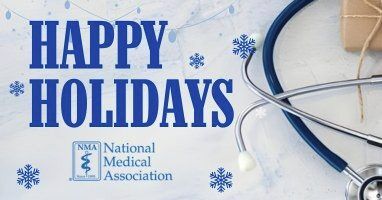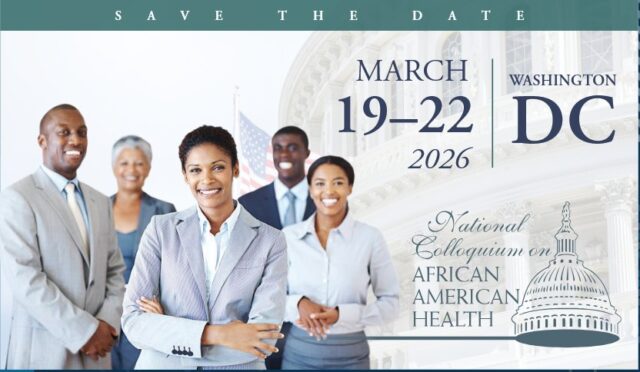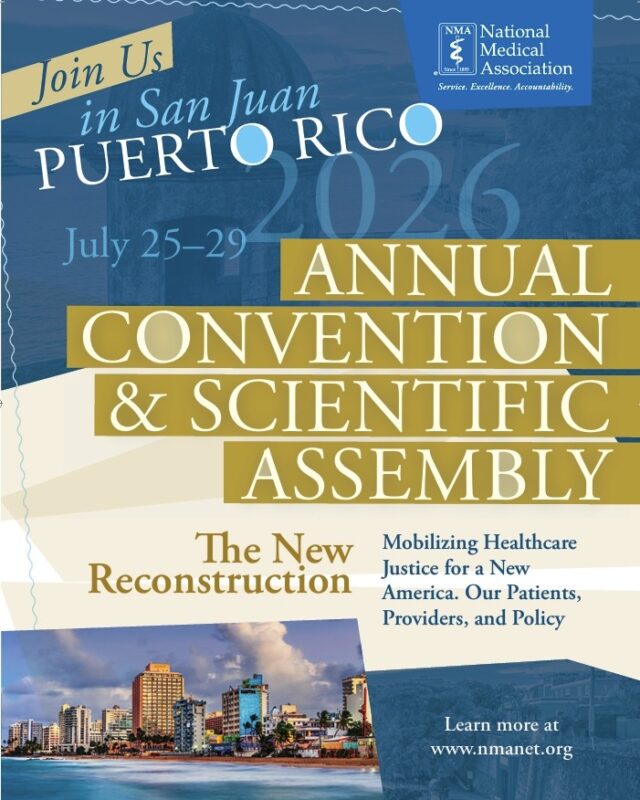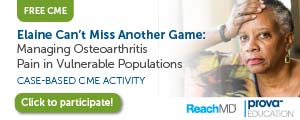Advisory Statement on Federal Drug Administration’s Emergency Use Authorization Approval for Pfizer and Moderna Vaccine
The COVID-19 pandemic has highlighted existing disparities in our nation and specifically in the Black community resulting in a hospitalization rate of 3.7 times greater and a death rate of 2.8 times greater than the White community (see https://www.cdc.gov/coronavirus/2019-ncov/covid-data/investigations-discovery/hospitalization-death-by-race-ethnicity.html). The National Medical Association serves as a leading voice for quality healthcare and elimination of health disparities and established its COVID-19 Task Force on Vaccines and Therapeutics to advise NMA members, healthcare partners and patient constituents about the safety and efficacy of COVID-19 vaccines and treatments. The independent, nonpartisan task force was appointed by the NMA President and includes pediatric and adult infectious disease specialists, infectious diseases epidemiologists, members of the Infectious Disease Society of America, American Public Health Association, American College of Preventive Medicine, National Pharmaceutical Association, NMA liaison members of the Centers for Disease Control and Prevention (CDC) Advisory Committee on Immunization Practices (ACIP), Vaccine Consultation Panel of the Department of Health and Human Services, Western States Scientific Safety Vaccine Review Work Group, California Scientific Safety Vaccine Review Work Group, and County Departments of Health. Over the past several months the task force has met with clinical scientists from Pfizer and Moderna and reviewed clinical outcomes data made available to the United States Food and Drug Administration (FDA) and the CDC ACIP.
The task force reviewed the clinical trial data in search of differences in health outcomes that would place the Black community at higher risk of unfavorable outcomes from the vaccine and determined the following:
- Ten percent of people who enrolled in both the Pfizer and Moderna clinical trials were Black, equaling more than 4,400 and 3,000 people, respectively.
- Both the percentage and number of Black people enrolled are sufficient to have confidence in health outcomes of the clinical trials.
- Persons receiving the vaccine were > 94% less likely to develop COVID-19 infection as compared to the placebo group.
- Efficacy and safety were observed and consistent across age, gender, race, ethnicity and adults over 65 years of age.
When comparing the outcomes of people receiving the vaccine versus the placebo injection there were no significant differences in the occurrence of Serious Adverse Events (SAE). In England, two people with a prior history of severe allergies developed anaphylaxis immediately after receiving the Pfizer vaccine outside of the clinical trial. They did recover from the allergic reaction. While these reports are being investigated, caution should be observed for any person with history of severe allergy to vaccines or other injectable therapy. Patients with a severe allergic reaction (anaphylaxis) to the vaccine components have a contraindication to receiving these vaccines. Please refer to the CDC ACIP recommendations for more details at https://www.cdc.gov/vaccines/covid-19/info-by-product/clinical-considerations.html, https://www.cdc.gov/vaccines/covid-19/info-by-product/pfizer/anaphylaxis-management.html, https://www.cdc.gov/mmwr/volumes/69/wr/mm6950e2.htm?s_cid=mm6950e2_x and https://www.cdc.gov/mmwr/volumes/69/wr/mm695152e1.htm?s_cid=mm695152e1_w.
The messenger RNA vaccines cannot transmit COVID-19 infection. These vaccines enable the immune system to develop antibodies to a segment of the coronavirus called the spike protein. Immunity should be achieved about 7 days following the 2nd dose of the vaccine. Short-term symptoms are commonly experienced following the Pfizer and Moderna vaccinations and last an average of 1 to 3 days and include pain and redness at injection site, fatigue, muscle aches and pains, joint pain and headache.
The task force review also included questions about safety of vaccine administration in special populations, such as persons with sickle cell disease or sickle cell trait, HIV, and autoimmune diseases like systemic lupus erythematosus that disproportionately impact Black populations. In general, persons with chronic diseases that are controlled, and stable do qualify for receiving the vaccines. Consultation with one’s healthcare provider beforehand is advisable.
- Data regarding persons enrolled in the clinical trials with sickle cell disease or sickle cell trait have not been separately analyzed by Pfizer or Moderna to date. A request for analysis has been submitted by the NMA COVID-19 Task Force.
- Persons with controlled HIV with CD4 counts of more than 200 and undetectable viral load were enrolled in the clinical trials. Data will be reported during or before the 1st quarter of 2021 with the Biologics License Applications.
- Persons with controlled autoimmune diseases were enrolled in the clinical trials and an increased risk to receiving the vaccines was not observed.
In addition, reproductive toxicology studies in animals did not reveal increase risk of vaccines to the fetus during pregnancy. Expanding clinical trial enrollment to include pregnant women is planned. The Task Force is supportive of plans for Phase 4 follow-up of clinical trial participants for 2 years, and for the post-licensure surveillance plans including V-safe https://www.cdc.gov/ and the Vaccine Adverse Event Reporting System https://vaers.hhs.gov/ to monitor for Serious Adverse Events in persons who receive the vaccines and inform precautions as needed for future vaccine administration.
In closing, the NMA COVID-19 Task Force supports recommendations by the U.S. FDA to approve emergency use authorization (EUA) for the Pfizer and Moderna vaccine. Building equity in plans to distribute the vaccines including culturally sensitive, multi-lingual outreach tailored for local communities will be essential for closing gaps in health outcomes.
Respectfully submitted,
Leon McDougle, MD, MPH
President, National Medical Association
Chair, NMA COVID-19 Task Force on Vaccines and Therapeutics
